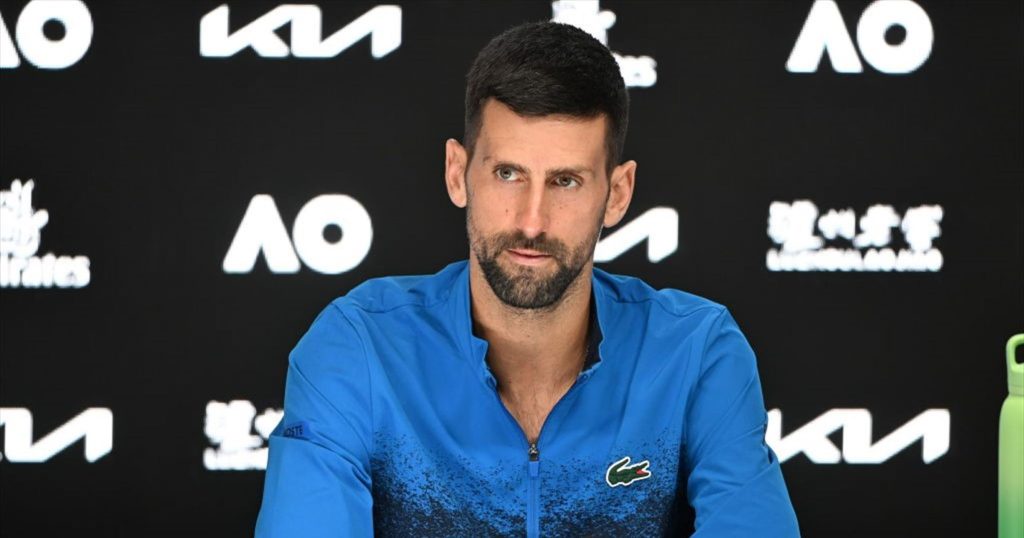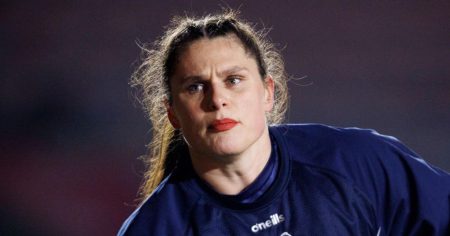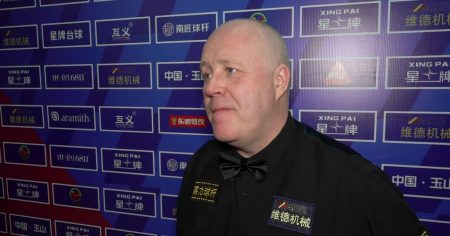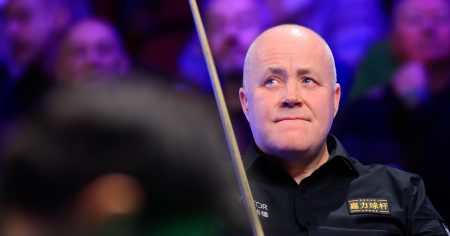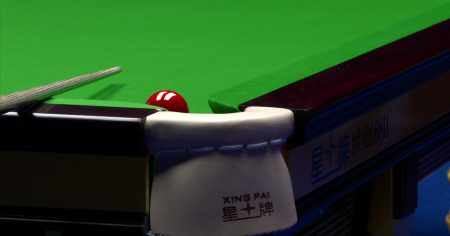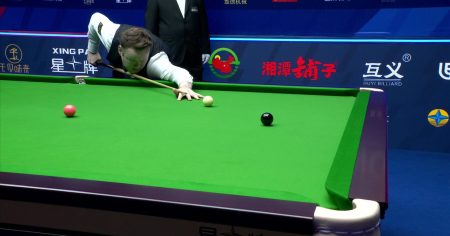The Australian Open was shaken by a controversy involving tennis superstar Novak Djokovic and Channel Nine broadcaster Tony Jones. Jones, during a live broadcast, made comments directed at Djokovic while Serbian fans celebrated in the background. These comments, including phrases like “overrated,” “has-been,” and “kick him out,” were perceived by Djokovic as “insulting and offensive,” particularly the “kick him out” remark, given Djokovic’s previous deportation from Australia due to Covid-19 regulations. This incident led to Djokovic refusing a post-match interview, a rare occurrence for the typically media-engaged player. He later explained his decision, citing Jones’ mockery of Serbian fans and the offensive nature of the remarks directed at him personally.
Following the backlash, Jones issued a public apology on Channel Nine, acknowledging the disrespect caused to both Djokovic and his Serbian supporters. He characterized his initial comments as “banter and humour,” consistent with his usual broadcasting style, but conceded that his intentions had been misconstrued. He emphasized that he had contacted the Djokovic camp 48 hours prior to his public apology to convey his remorse directly. Jones expressed genuine regret for letting down the Serbian fans, asserting that his comments were intended as playful banter in line with the lively atmosphere often created by Serbian supporters at the tournament. He recognized, however, that his words had been interpreted differently and accepted full responsibility for the offense caused.
The controversy highlighted the sensitive history between Djokovic and Australia. His deportation three years earlier due to Covid-19 regulations had created a tense atmosphere, and Jones’ “kick him out” comment appeared to tap into that existing tension, further inflaming the situation. Jones acknowledged the particular sensitivity of this remark, understanding Djokovic’s anger and admitting that he had “overstepped the mark.” He stressed that his priority was for the focus to return to the tennis and for Djokovic to be able to concentrate on his upcoming quarter-final match against Carlos Alcaraz.
Jones reiterated his apology to Djokovic, both publicly and privately, and expressed a desire to meet with the tennis star in person to further discuss the matter. He revealed that while he had offered a personal meeting, it hadn’t yet taken place but he hoped it would within the following 24 hours. This personal apology underscores Jones’ attempt to mend the relationship and demonstrate the sincerity of his remorse. The incident sparked debate about the boundaries of humor and acceptable commentary, especially in the context of a sensitive political and personal history.
Tennis Australia, the governing body for the Australian Open, released a statement confirming Djokovic’s acceptance of Jones’ public apology. The statement indicated Djokovic’s desire to move past the incident and concentrate on his upcoming match, emphasizing a return to the focus on the sporting competition. This statement serves as an attempt to diffuse the situation and allow the tournament to proceed without further distraction. It also suggests a willingness on Djokovic’s part to accept the apology and move forward.
This incident involving a respected broadcaster and a prominent athlete highlights the complexities of media commentary in the world of professional sports. The intersection of national pride, personal sensitivities, and public perception creates a charged environment where seemingly innocuous comments can be interpreted in unintended ways. The public apology, the acceptance of that apology, and the desire to move forward demonstrate a willingness from all parties involved to de-escalate the situation and prioritize the sporting event itself. The episode serves as a reminder of the power of words, the importance of context, and the need for sensitivity in public commentary, especially when dealing with individuals who have experienced controversial or challenging situations in the past.




